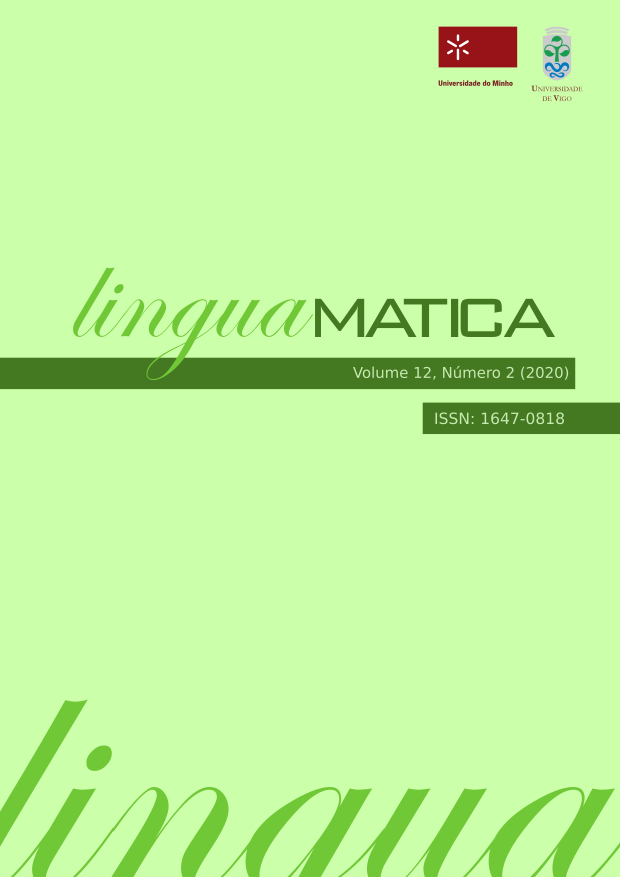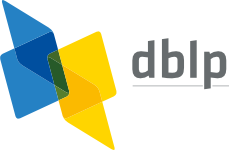Evaluating computational resources for Portuguese
Abstract
There are several tools for the Portuguese language. However, and due to different choices at the basis of these tools' behaviour (different pre-processing, different labels, etc.), it becomes difficult to have an idea of each one's comparative performance. In this work, we propose an evaluation of tools, publicly available and free, that perform the tasks of Part-of-Speech Tagging and Named Entity Recognition, for the Portuguese language. We evaluate twelve different models for the first task and eight for the second. All the resources used in this evaluation (mapping tables between labels, testing corpora, etc.) will be made available, allowing to replicate/fine-tune the results here presented. We also present a qualitative analysis of two dependency parsers. To the best of our knowledge, no recent work that considers the recent available tools, was carried out for the Portuguese language.
Copyright (c) 2020 Matilde Gonçalves, Luisa Coheur, Jorge Baptista, Ana Mineiro

This work is licensed under a Creative Commons Attribution 4.0 International License.
Authors who publish with this journal agree to the following terms:
- Authors retain copyright and grant the journal right of first publication with the work simultaneously licensed under a Creative Commons Attribution License that allows others to share the work with an acknowledgement of the work's authorship and initial publication in this journal.
- Authors are able to enter into separate, additional contractual arrangements for the non-exclusive distribution of the journal's published version of the work (e.g., post it to an institutional repository or publish it in a book), with an acknowledgement of its initial publication in this journal.
- Authors are permitted and encouraged to post their work online (e.g., in institutional repositories or on their website) prior to and during the submission process, as it can lead to productive exchanges, as well as earlier and greater citation of published work (See The Effect of Open Access).













